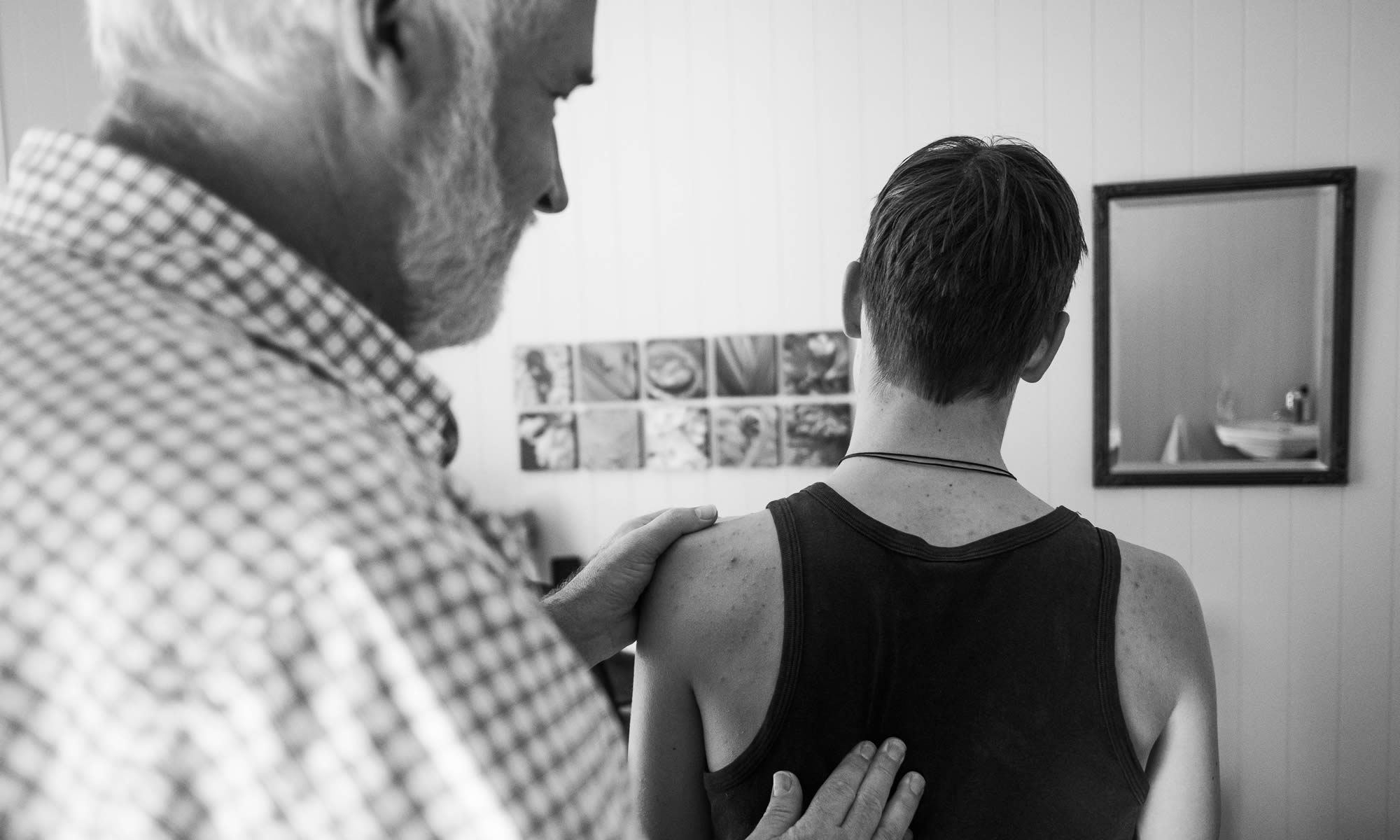
Osteopaths manage health and recovery in different ways to other practitioners by;
providing a holistic approach to healing the whole body, rather than only managing symptoms as they present. Recovery is usually faster and more complete as you are treated as a whole.
At the initial consultation, I ask you questions about your medical history. I may do some orthopaedic or neurological tests, checking the way you walk, or how things move, so I can work out what is troubling you and why. The number of sessions required varies depending on your specific injury and condition. I will discuss this during the first consultation. In the following visits, I use various hands-on techniques to help reduce, or eliminate your pain or problem, always working with the level of treatment you feel comfortable with.
When you arrive for a treatment please wear loose comfortable clothing so that assessing joint movement is easy and relaxed. You will be asked to remove your shoes, jacket or thick jersey, take off your belt if you are wearing one and remove things from your pockets like keys, phones, wallets etc.
I may give you advice on lifestyle, exercise, and discuss possible requirements for x-rays or other professional services or medical investigations to try to minimise any reoccurrence.
Osteopathy can treat
- Back pain or stiffness
- Neck pain
- Headaches and migraines
- Problems with hands, wrists, arms, elbows, and shoulders
- Problems with the hips, knees, ankles, and feet
- Workplace strains
- Sports injuries
- Back pain experienced during pregnancy
- Effects of trauma, whiplash
- Symptoms caused by chronic conditions; asthma, arthritis, and stroke
- Period pain, and premenstrual issues
